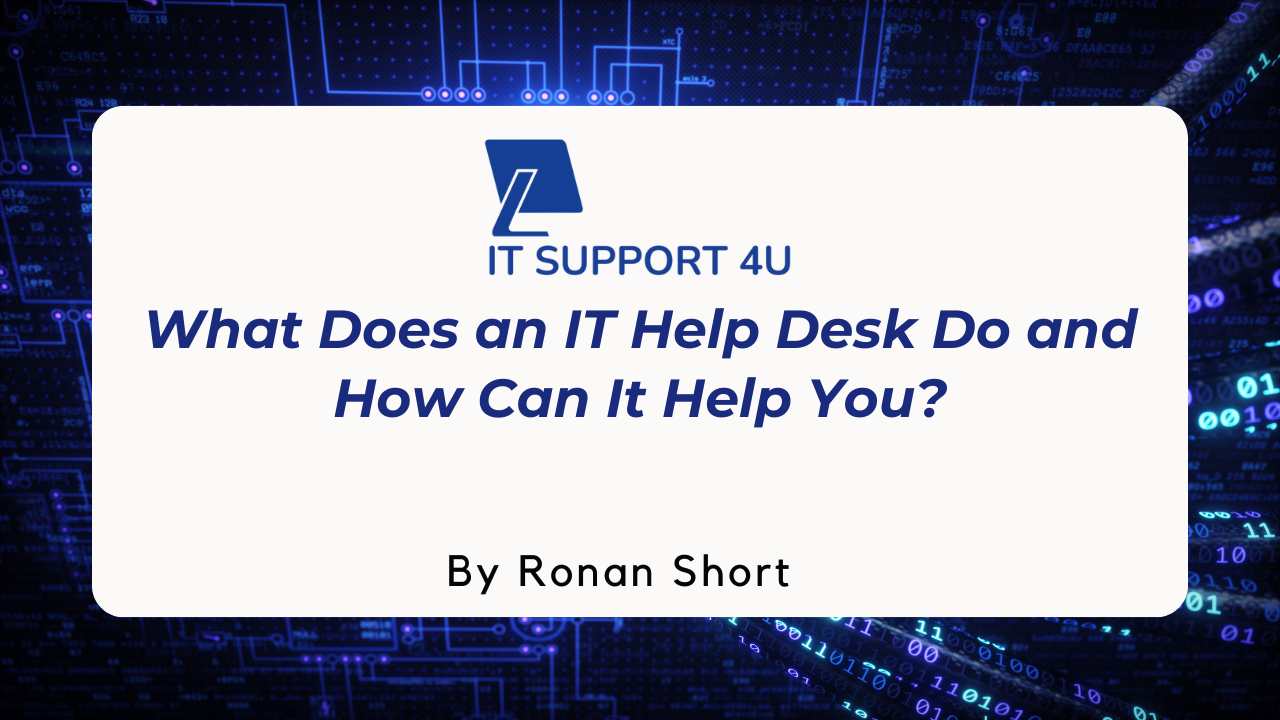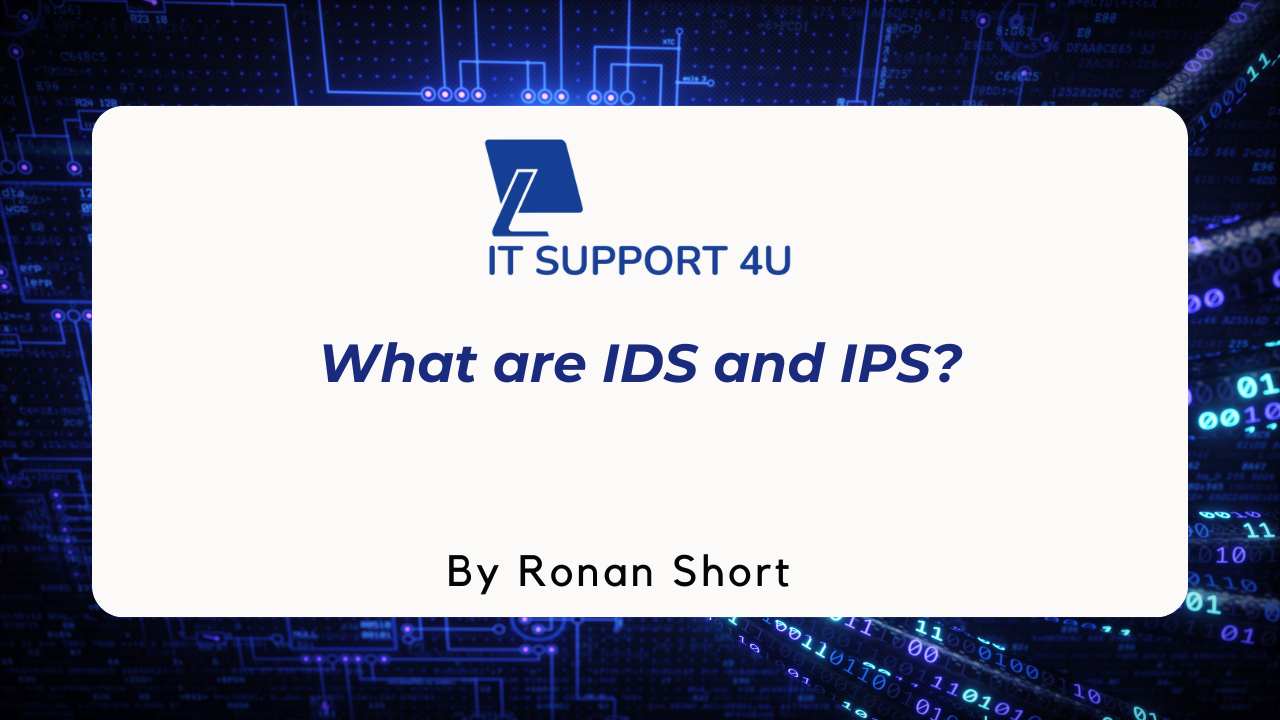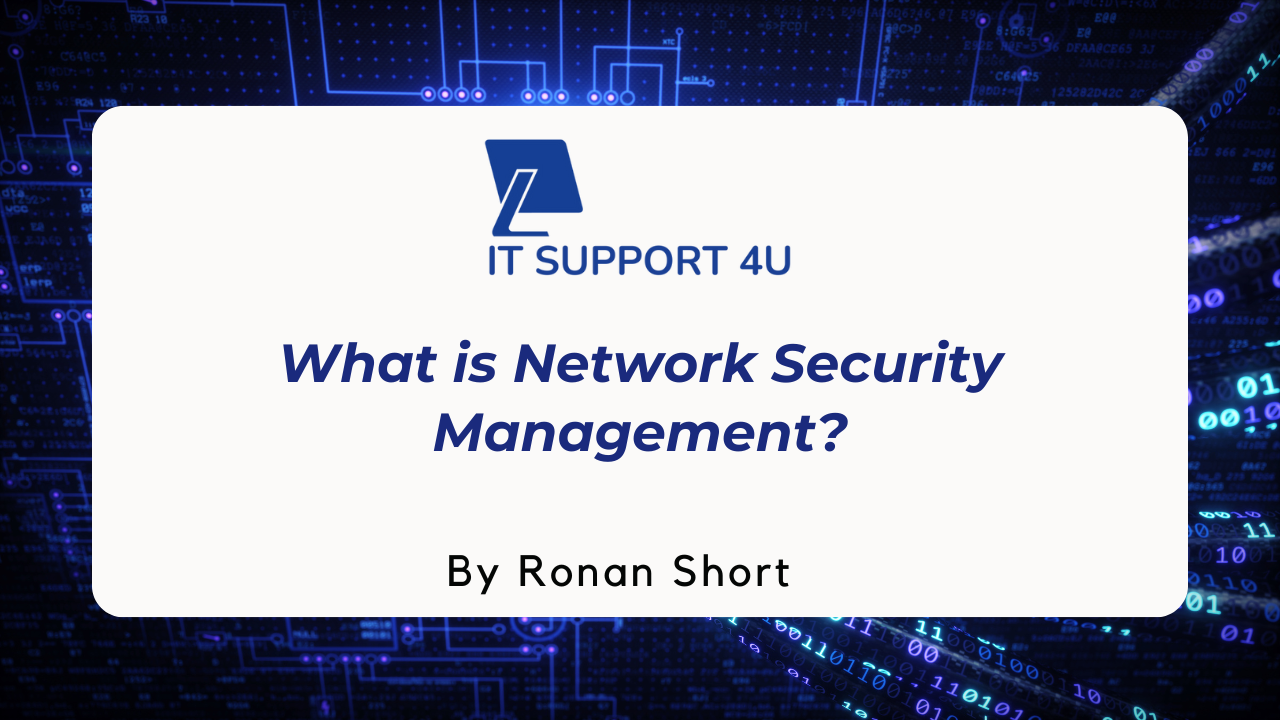Wondering about what are the types of firewalls? Firewalls can be categorised based on various factors such as the systems they protect, their form factor, network placement, and data filtering methods.
Common types include network, host-based, hardware and software, internal and distributed firewalls etc. Advanced options like next-generation firewalls (NGFW), packet filtering, circuit-level gateways, etc offer custom solutions to meet diverse security needs.
This blog will help to learn about various firewalls based on system protected, form factors, network placement, & data filtering methods.
Let’s start!
What Are The Types of Firewall in System Protected Category?
Some of the types are:

Network Firewall
A network firewall is depicted as a protective gateway between an internal network and the external internet. It examines and filters data traffic based on predefined rules to prevent unauthorised access while maintaining network integrity.
Host-Based Firewall
A host-based firewall is a security tool installed on individual devices within a network to protect them from potential threats. It monitors and controls traffic specific to the device, ensuring harmful content like malware or viruses is blocked. This adds an extra layer of protection, working alongside perimeter firewalls to safeguard both the network and individual systems.
What Are The Types of Firewall by Form Factors?
The types are given below:
Hardware Firewall
A hardware firewall is a standalone device positioned between a network and its internet connection, providing an independent layer of security. It examines incoming and outgoing data packets, blocking risky traffic based on predefined security rules. By acting as a barrier, it prevents cyber threats from reaching internal systems while ensuring legitimate data passes through, offering a proactive defence for network security.
Software Firewall
A software firewall is a digital solution that protects networks and data by operating on servers or virtual machines. It is ideal for cloud environments or setups where deploying physical firewalls is not feasible. Software firewalls provide flexible deployment options, making them suitable for hybrid and multi-cloud environments.
What Are The Firewall Types by Placement within Network Infrastructure?
These are the types of placement within network infrastructure firewalls.
Internal Firewall
An internal firewall operates within a network to address threats that may have bypassed external defences. Unlike perimeter firewalls, it focuses on monitoring and controlling traffic between internal systems, addressing risks from employee errors or malicious activity. Built on the Zero Trust principle, it segments the network into smaller zones, preventing threats from spreading. Automation may also be used to continuously update security protocols for protection.
Distributed Firewall
A distributed firewall is a network security solution that operates across multiple devices within an organisation, offering protection for the entire infrastructure. Unlike traditional firewalls, it monitors both internal and external traffic, addressing evolving security threats more comprehensively. By decentralising traffic regulation, it prevents dangers and ensures scalability, making it an efficient choice for growing networks.
Perimeter Firewall
A perimeter firewall acts as the first line of defence, creating a boundary between a private network and the internet. It analyses incoming and outgoing data packets, allowing or blocking them based on predefined rules to protect against potential threats. By examining packet headers and payloads, it identifies risks like malware and cyberattacks, ensuring timely preventive measures. This firewall manages both internal and external traffic, with a focus on safeguarding the network from external threats.
What Are The Firewall Types by Data Filtering Method?
The types are given below:

Next-Generation Firewall
A next-generation firewall (NGFW) increases traditional firewalls by incorporating advanced features such as application traffic control, intrusion prevention, and cloud-based threat intelligence. It provides a deeper inspection of data packets, addressing sophisticated threats like advanced malware and application-layer attacks. NGFWs remain effective against evolving cyber risks, making them an essential tool for modern network security.
Packet Filtering Firewall
Packet filtering firewalls work at the network layer, regulating data flow between networks by evaluating packet attributes like source and destination IP, ports, and protocols. Based on predefined rules, packets are either allowed or blocked, ensuring only authorised traffic passes through.
Circuit Level Gateway
A circuit-level gateway operates at the session layer, managing the handshaking process for TCP and UDP connections. It establishes virtual circuits between users and remote hosts, ensuring traffic complies with predefined rules without inspecting data content. Unauthorised connections are blocked, maintaining secure communication.
Web Application Firewall
A web application firewall (WAF) provides specialised protection for web applications, servers, and APIs by filtering HTTP traffic. It blocks threats like SQL injection and cross-site scripting, acting as a reverse proxy to ensure only legitimate requests reach the application, safeguarding it from internet threats.
Proxy Firewall
A proxy firewall operates at the application layer, acting as an intermediary between internal networks and external servers. It inspects traffic for potential threats, such as malware, while maintaining its own IP address to prevent direct access to the internal network, ensuring enhanced security.
Stateful Inspection Firewall
Stateful inspection firewalls actively monitor network connections by analysing the context of incoming and outgoing traffic. Operating at OSI Layers 3 and 4, they go beyond basic packet inspection by comparing data against recognised safe connections, allowing secure traffic while scrutinising discrepancies for potential threats.
Layer 3 vs. Layer 7 Firewall
A Layer 3 firewall works at the network layer, filtering traffic based on parameters like IP addresses, ports, and protocols, offering broad protection. In contrast, a Layer 7 firewall operates at the application layer, deeply inspecting data packet contents to detect and block application-specific threats, such as SQL injections or similar attacks.
Conclusion
Firewalls play a critical role in safeguarding networks by offering custom solutions, from basic packet filtering to advanced Next-Generation Firewalls (NGFWs). Understanding what are the types of firewall—such as network, host-based, proxy, and application-level—helps in selecting the right protection for your business.
Each type serves a specific purpose, ensuring your systems remain secure against cyber threats. If you’re unsure which firewall suits your needs, contact our IT Support team today for expert guidance and strong cybersecurity solutions. Safeguard your network with the right tools—get in touch now!
Get an IT Plan Today!













